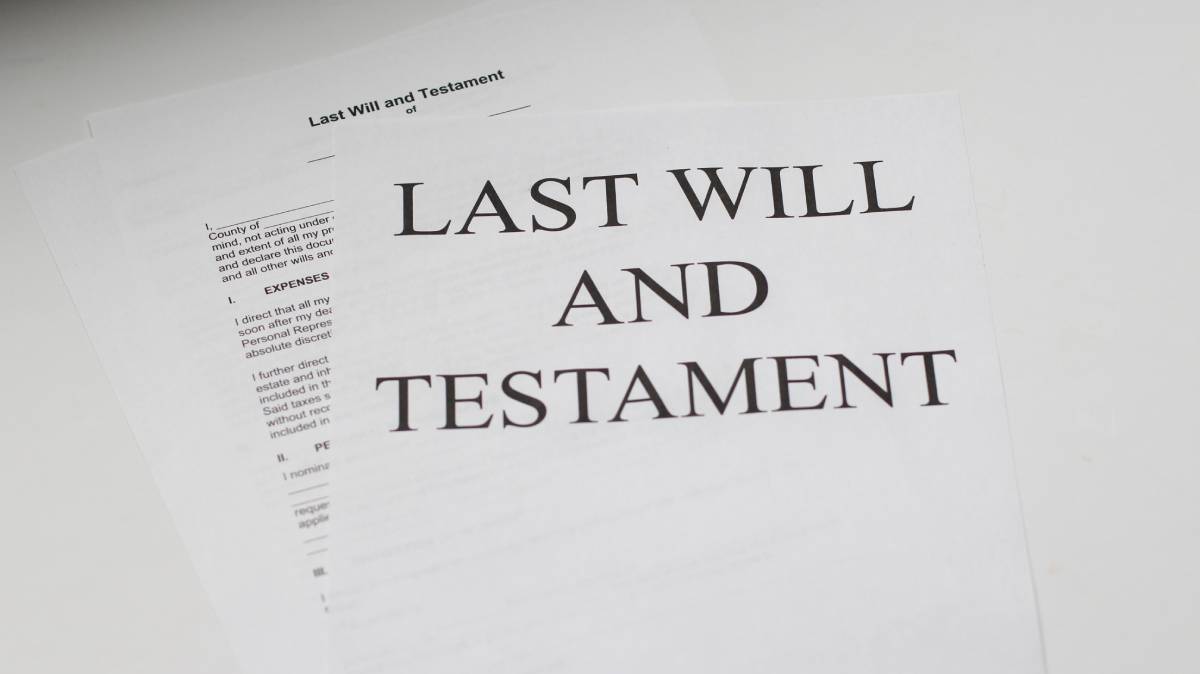In recent years, Austrian inheritance law has undergone significance developments, gradually becoming a dynamic legal topic. These circumstances have compelled legislators to introduce substantial reforms.
Testamentary dispositions
Of major significance is the execution of (formally) valid wills and testamentary dispositions, as well as the challenging of invalid or ineffective wills. Testators still have the possibility of drawing up their own will or have one executed on their behalf. In recent times, however, the formal requirements for the drafting of a valid will by a third party have been tightened both by legislators and by case law.
In the case of wills drafted by a third party, for instance, a new formal requirement for the personal addition of a "nuncupatio" (affirmation) was introduced. Similarly, the requirements for valid signatures by witnesses were changed. This tightening of the statutory provisions does not affect the validity of old wills drafted by third parties before the effective date of the last inheritance law reform. Case law on the formal requirements for wills drafted by third parties has also been recently tightened. For such wills to be formally valid, there must be a physical or textual connection between the sheet bearing the signature of the testator and/or the witnesses and the sheet containing one's testamentary dispositions. This requirement is referred to as external document unity. For instance, a will drafted by a third party is not valid if the testator or the witnesses signed a loose sheet without any physical or textual connection with the sheet containing the text of the testamentary dispositions.
Intestate succession
In practice, when an intestate succession is triggered in the absence of a formally valid testamentary disposition, issues in connection with the recognition and addition of previous recipients of advancements to the share of the inheritance during the testator's lifetime are often the cause of disputes between the individuals concerned. As part of the last inheritance law reform, the legislators also introduced significant changes in the area of recognition and addition. Where the old legal regime essentially provided only for the recognition of previous recipients and advancements, all donations inter vivos are now subject to recognition and addition. This constitutes a significant expansion of the previous recognition and addition regime. An important change has also been introduced to the method of recognition. Where the previous legal regime made a distinction between immovable (real estate) and movable property, the amended law does not make such a distinction, and the evaluation of the assets to be recognised and added must take place immediately.

Statutory care bequest, donation, compulsory portion
In practice, the statutory provisions on the compulsory portion often lead to disputes over the recognition and addition to the compulsory portion, and over the question as to whether and to which extent a disposition free of charge during the testator's lifetime must be taken into account in the calculation of the so-called donation-supplementing compulsory portion. A distinction is still made between donations to persons entitled to a compulsory portion and donations to other individuals. In principle, donations to persons entitled to a compulsory portion can lead to recognition and addition without any time limitation as part of the donation-supplementing compulsory portion. In the case of donations to other individuals, a two-year period prior to the testator's death basically applies. In individual cases, a dispute may arise as to when exactly a donation is completed, thus triggering the commencement of the aforementioned 2-year period. In practice, contributions to private foundations and/or donations of property under reservation of a usufruct and an encumbrance and resale ban play a major role. In the past, the case-law assumed a "relatively" late point in time for the completion of the donation in favour of the respective person entitled to a compulsory portion.
According to the new legislation, irrespective of whether movable or immovable property is involved, the evaluation of the assets to be added and recognised must now be consistently conducted, so that the condition and value at the time of the donation must be used as the basis, and this value must be adjusted to inflation on the basis of the consumer price index at the time of death.
The statutory care bequest newly introduced by the legislators also regularly leads to discussions and disputes in practice. For instance, the Austrian Supreme Court recently ruled that the statutory care bequest (like the other bequests) must not be deducted from the assessment basis in the determination of the compulsory portions.
For several decades, our law firm has been successfully representing and advising individuals in connection with the drafting of testamentary dispositions, general issues in connection with the transfer of assets, and various questions regarding inheritance claims. Consulting practice, however, has shown that many conflicts and disputes can be prevented when problems are detected early and the corresponding precautions are taken.


